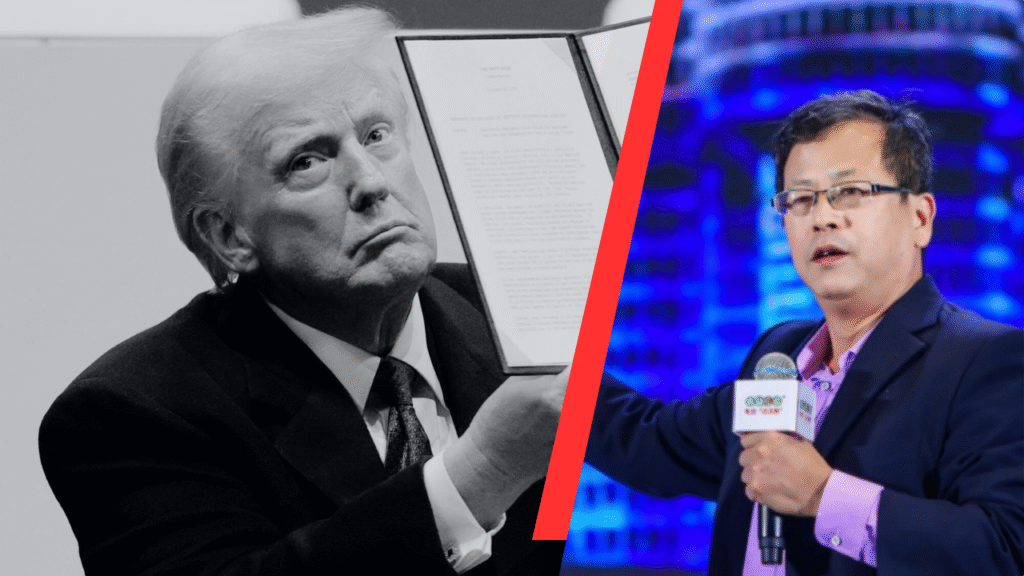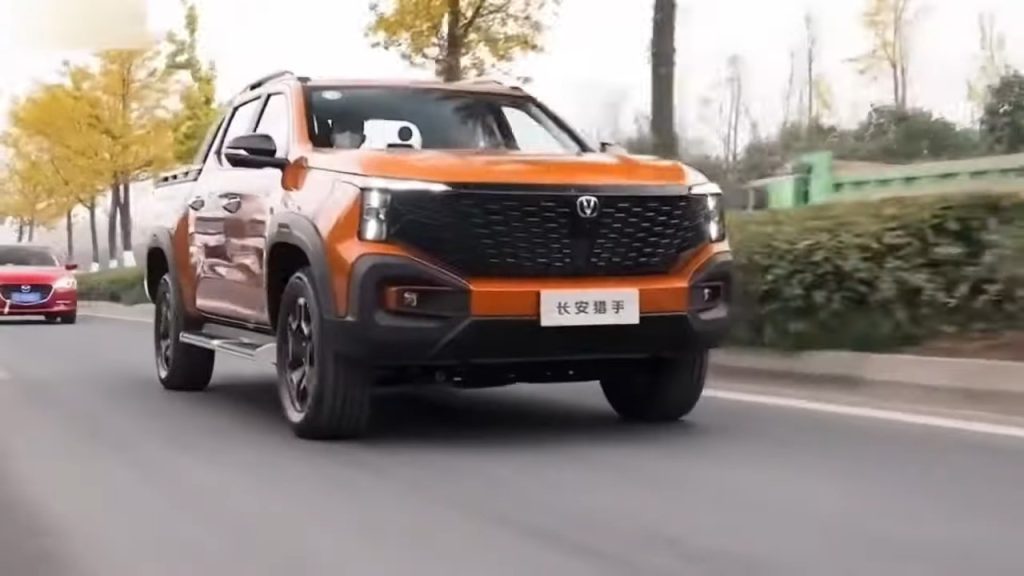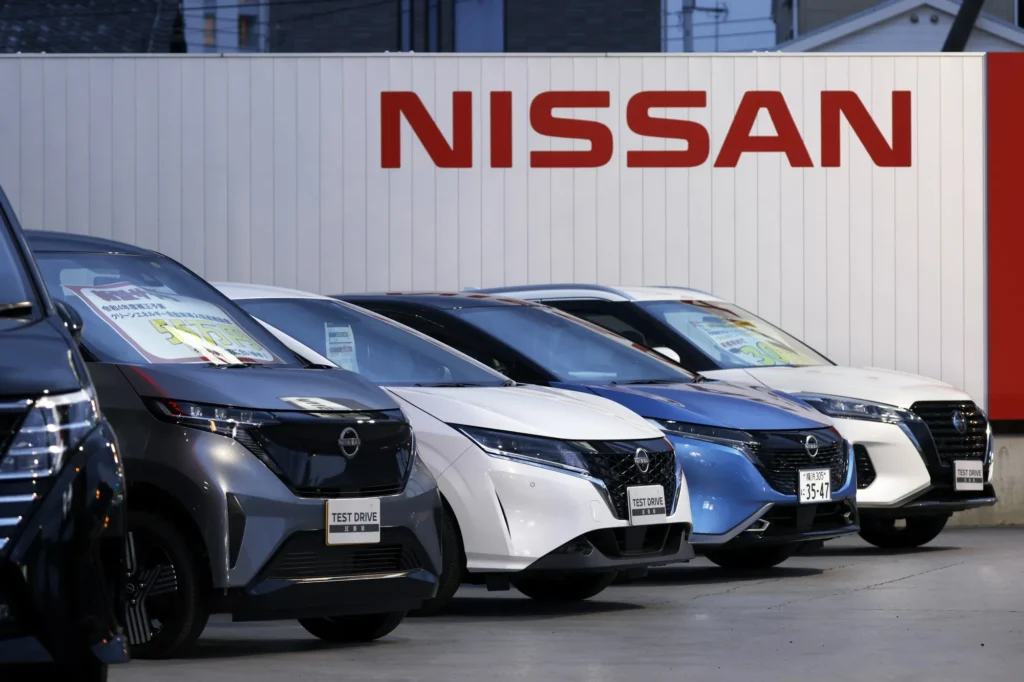A top Chinese auto industry official believes President Donald Trump’s recent tax bill may actually benefit Chinese electric vehicle (EV) manufacturers in the global market. The legislation, signed into law on July 4, eliminates federal tax credits for EV purchases starting September 30, including the $7,500 incentive for new EVs and $4,000 for used ones.

Why This Could Help Chinese EV Companies
Cui Dongshu, secretary-general of the China Passenger Car Association (CPCA), told the Wall Street Journal that the U.S. policy shift could create more opportunities for Chinese automakers abroad. He argued that Chinese brands—which specialize in advanced electric and hybrid models—will have an edge as the U.S. moves away from EV incentives.
“Chinese companies offer intelligent EV models against the obsolete technology of internal-combustion-engine vehicles,” Dongshu said.
Data from the CPCA supports his view: China’s new energy vehicle (NEV) exports—which include fully electric and plug-in hybrid cars—surged 48% in the first half of 2025 compared to the same period in 2024.
Chinese EV Makers Are Expanding Globally
With rising competition in China’s domestic market, companies like BYD (Tesla’s biggest rival in China) are pushing harder into international sales. The removal of U.S. subsidies could make Chinese EVs even more competitive in markets where price sensitivity is a key factor.
Trump’s Take: Ending the “EV Mandate”
President Trump framed the tax bill as a win for consumer choice, stating on Truth Social:
“People are now allowed to buy whatever they want—Gasoline Powered, Hybrids (which are doing very well), or New Technologies as they come about—No more EV Mandate.”
He argued that the previous incentives were forcing a rapid transition to electric cars, which he opposes.
What This Means for the Future of EVs
While the policy may slow EV adoption in the U.S., it could accelerate Chinese automakers’ expansion worldwide. If Chinese EVs continue gaining market share in Europe, Southeast Asia, and Latin America, the U.S. decision might end up strengthening China’s position as the dominant player in affordable electric vehicles.
For now, the debate over EV incentives highlights the growing divide between U.S. and Chinese auto policies—and how that gap could reshape the global car market.

